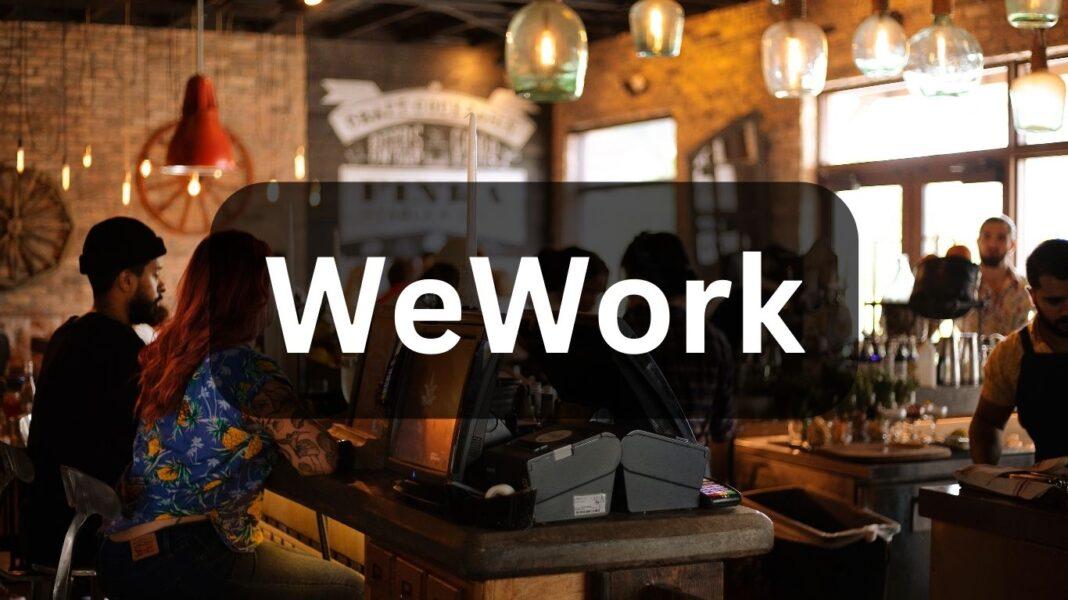In recent years, the traditional concept of workspaces has undergone a significant transformation, thanks to the rise of innovative co-working solutions. WeWork, a company that has become synonymous with flexible and modern workspaces, has played a pivotal role in this transformation. In this article, we will delve into the world of WeWork, exploring its history, its impact on the workplace, and the future of co-working spaces.
The Genesis of WeWork
A Visionary Idea
WeWork was founded in 2010 by Adam Neumann and Miguel McKelvey in New York City. The concept was simple yet revolutionary: create shared office spaces that offered flexibility, community, and a sense of belonging.
Rapid Growth
WeWork’s growth was meteoric. In just a few years, it expanded to major cities across the globe, providing an alternative to the traditional office.
The WeWork Experience
Design and Aesthetics
WeWork spaces are known for their aesthetic appeal. They blend modern design with functionality, creating environments that inspire creativity and collaboration.
Community Building
One of the key differentiators of WeWork is its focus on building a sense of community among its members. Networking events, workshops, and social gatherings help foster connections.
Flexible Memberships
WeWork offers various membership plans, allowing businesses of all sizes to find a suitable workspace solution. This flexibility is one of its defining features.
The Impact of WeWork
Disrupting Traditional Office Space
WeWork’s success sent shockwaves through the real estate and office space industries. Traditional landlords and property managers had to adapt to changing market demands.
Attracting Diverse Occupants
WeWork attracts a diverse range of occupants, from startups to established enterprises, fostering an ecosystem of innovation and collaboration.
Economic Implications
The economic impact of We Work on local economies has been significant. It has revitalized areas and created job opportunities.
The Challenges
Business Model Scrutiny
WeWork faced scrutiny over its business model, especially its heavy reliance on venture capital and rapid expansion.
Resilience Amidst Challenges
Despite setbacks, We Work displayed resilience and adaptability in the face of adversity.
The Future of Co-Working
Sustainable Co-Working
As sustainability becomes a global concern, We Work is exploring ways to create more eco-friendly workspaces.
Technological Integration
We Work is embracing technology to enhance its offerings, with features like smart offices and virtual collaboration tools.
Conclusion
We Work has not only transformed the way we perceive office spaces but has also redefined the very concept of work. Its impact on businesses, economies, and urban landscapes is undeniable. We can expect WeWork to continue evolving and shaping the future of workspaces.



